Earth Will Exceed 1.5 Degrees Celsius of Warming This Year – Scientific American
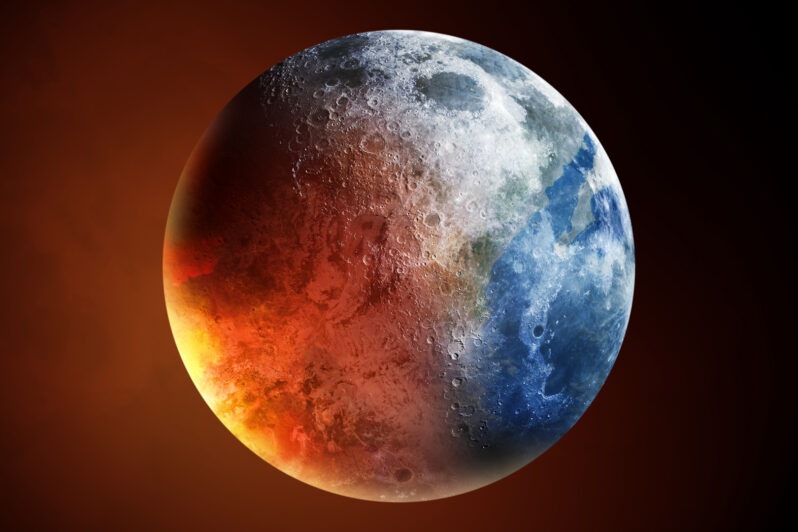
This year won’t just be the hottest on record—it could be the first to surpass 1.5 degrees Celsius. The Paris climate accord aims to keep warming below that level when looking over multiple years…
Trump Victory Is a ‘Gut Punch’ to U.S. Climate Action – Scientific American

President-elect Trump vowed to promote fossil fuels, weaken pollution regulations and reverse Biden administration climate efforts..
Your 2024 Election Rundown, from Immigration to Education – Scientific American
The outcome of the 2024 U.S. presidential election could set the climate agenda, reshape public education and shift the dynamics of global science collaboration…
Mangrove Trees Are on the Move, Taking the Tropics with Them – Scientific American
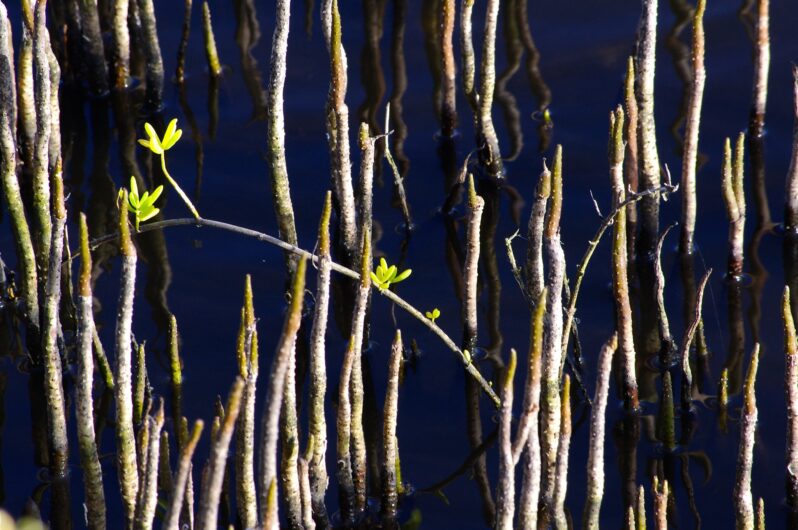
As the climate warms, mangroves are migrating farther poleward, transforming the coast as they go…
This Isn’t Your Grandparents’ Summer Heat – Scientific American
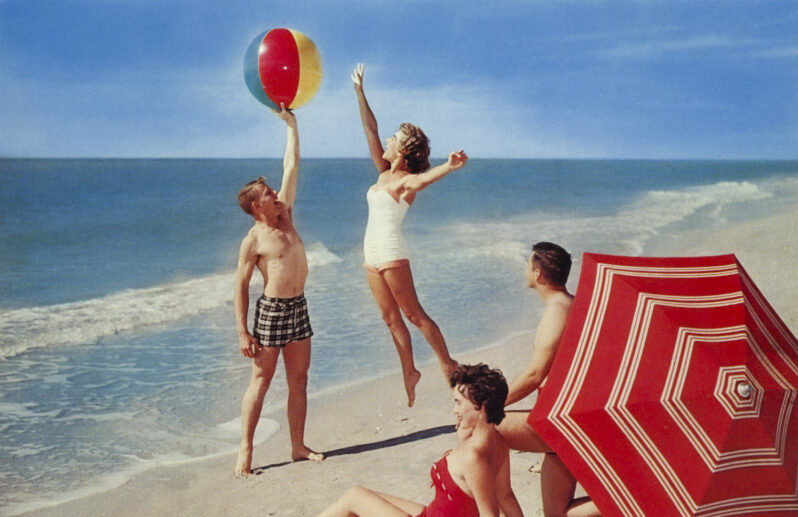
The face of summer is transforming, as people today face more frequent, longer-lasting and hotter heat waves than they did several decades ago…
Extreme Summer Heat Threatens Coral Replanting Effort – Scientific American
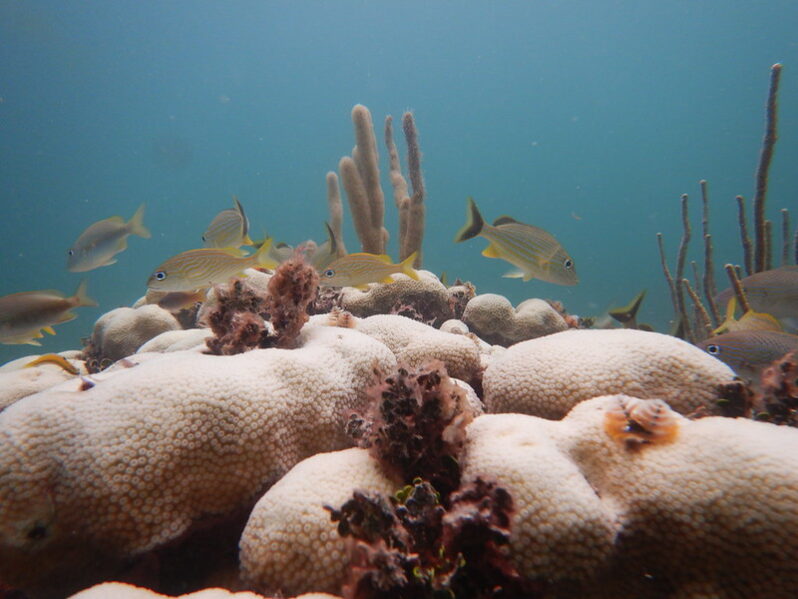
A marine heat wave last year undercut efforts to regrow coral reefs off Florida’s coast. Conservationists are worried this year could be problematic, too…
Cape Cod needs to clean up its water. The solutions could cost billions – WBUR Boston | Scientific American
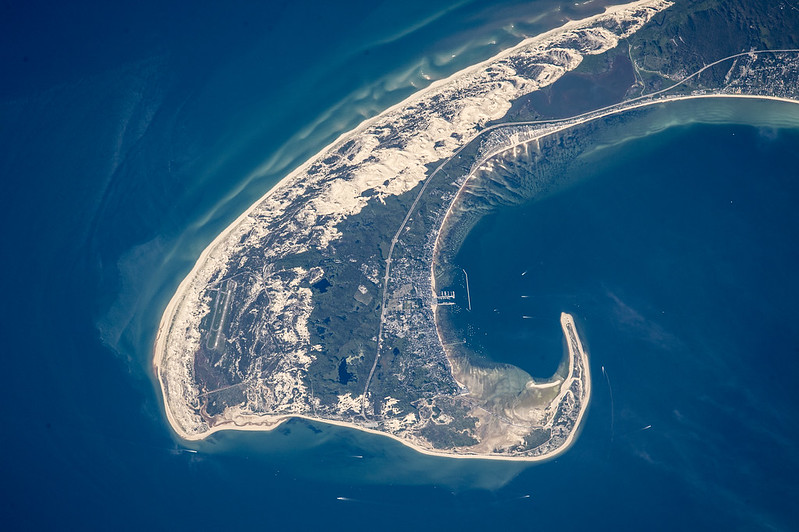
It’s a critical moment for Cape Cod. The Cape has more than 550 miles of coastline, at least 890 freshwater ponds and 53 small saltwater bays bordering the ocean. That water is the Cape’s raison d’être: residents and visitors use it for swimming, boating and fishing, and it forms the backbone of the region’s $1.4 billion tourism industry. Now Cape Cod communities are scrambling for solutions before their ecosystems, economies and property values collapse….
Inside the Crime Rings Trafficking Sand – Scientific American

Organized crime is mining sand from rivers and coasts to feed demand worldwide, ruining ecosystems and communities. Can it be stopped?…
How to Crochet a Coral Reef – and Why – Scientific American
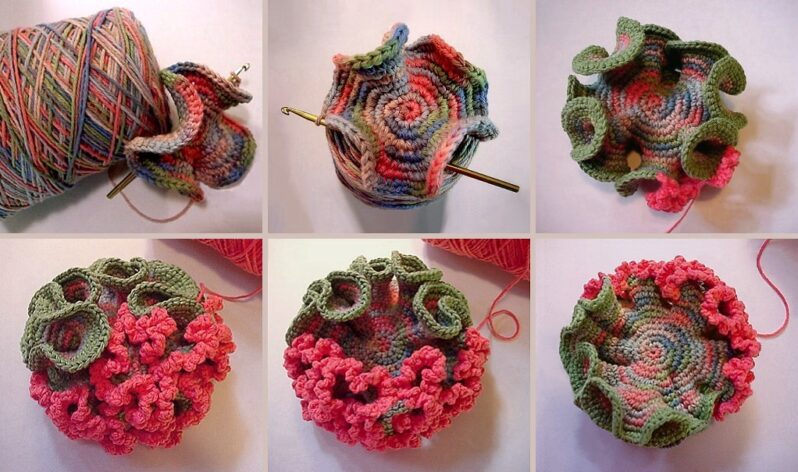
In 2005, Los Angeles-based twin sisters, Margaret and Christine Wertheim tried a different approach to communications by starting the Crochet Coral Reef project. The idea was born from their love of the Great Barrier Reef, their oceanic neighbor, and their appreciation for handiwork and the community it can create, simply by participation…
